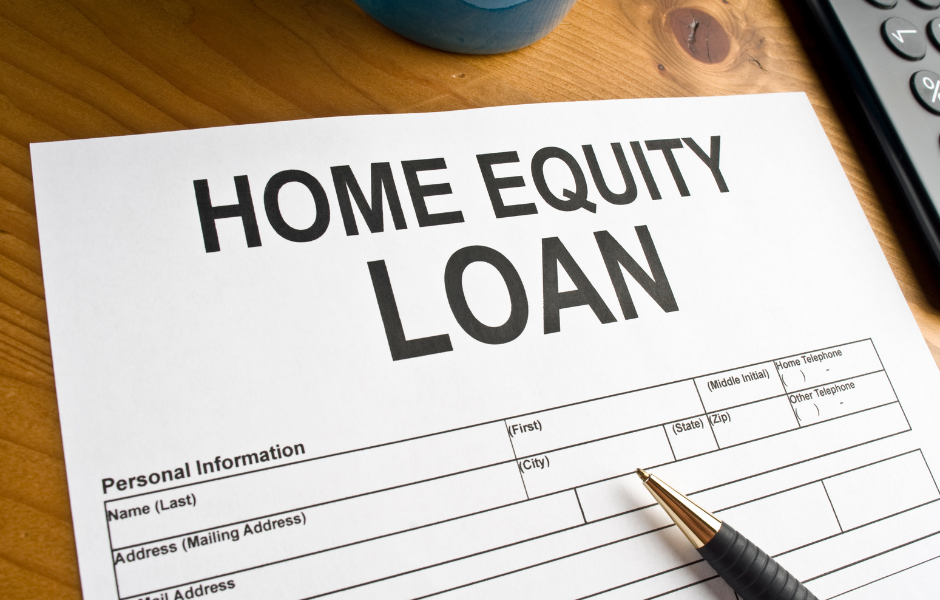Equity is the difference between a home’s fair market value and the outstanding mortgage balance. When the housing market crashed in the fall of 2007 and into 2008, many homeowners across the nation lost much, if not all, of the equity in their homes.
Homeowners who do have equity in their homes have the option to borrow money against the equity they have built up with a loan or line of credit. In both cases, the house serves as collateral, which means the creditor may seize the home and sell it if the homeowner can no longer make the payments. Tapping into your home equity can be detrimental if you enter into the contract without fully understanding the repercussions.
While risky, there are some instances when a home equity loan makes good financial sense. To help you sort out the confusion, we’ve provided some common home equity do’s and don’ts:
DON’T use home equity to purchase unnecessary luxuries.
Consumers shouldn’t use home equity for luxury items like a fancy car, boat, big-screen TV or vacation. The fleeting moments of joy aren’t worth putting your family’s security at risk.
DO use home equity for improvements or additions that add value to your home.
Ideally, it is an asset and should be used for other assets. A home equity loan can be effective if it’s used for home improvements that maintain or increase the resale value of the home. It may also be appropriate to use home equity to purchase income-producing property or an investment that’s expected to generate a higher return than the cost of the loan.
DON’T tap home equity if you plan to sell in the near future.
In order to sell your home, you need to pay off all debts related to your home. It could be a poor move to tap equity for improvements if you aren’t able to pay off the loan or line of credit prior to your desired sell date.
DO consider using it to cover expenses from unexpected events.
If you do not have emergency savings, the equity in your home can provide financial relief related to unexpected events, such as an injury preventing you from working. However, it’s ideal to have an emergency fund with at least three to six months of living expenses. If you don’t have an emergency fund, we suggest you start making regular contributions now. Many consumers start with a $25 contribution each month and then increase their contributions as their income allows it.
DON’T take out excessive equity.
If you decide to use your home equity, don’t take out more money than absolutely necessary. This will help eliminate the temptation to spend the funds on unnecessary luxuries. Also, keep in mind that a home equity loan or line of credit decreases the amount of equity you have in your home. If you have taken out too much equity and the real estate market drops, you can end up losing all the equity in your home. Further, if you have negative equity, the lender may demand immediate payment of the loan.
DO consider tapping into it for use in retirement.
Retired homeowners who have paid off their mortgages can sell their homes and cash out the equity by downsizing. Further, homeowners 62 and older have the option of reverse mortgages; the bank will give your equity back to you while you’re still living in it. The homeowner does not need to repay the mortgage for as long as he/she lives in that house.
Source: takechargeamerica.org ~ Image: Canva Pro

